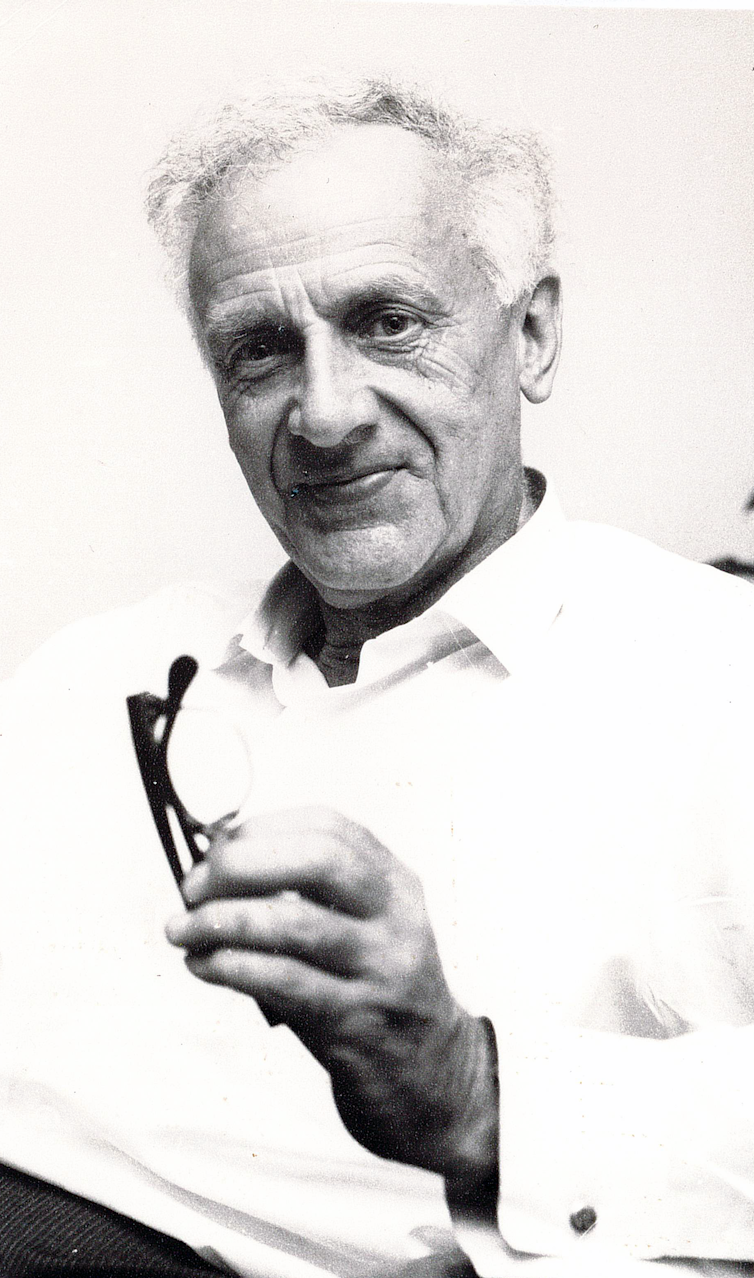Australians support universal health care, so why not a universal basic income?
- Written by Brian Howe, Professorial Associate in the Centre for Public Policy, University of Melbourne
In Australia, the idea of a universal basic income has floated in and out of our political arena for years, but remains only that, an idea.
The concept of a universal basic income has always been controversial. This notion - that the government should pay everyone a regular payment to meet their basic needs, despite their income - has been touted as a solution to inequality[1].
In the 1970s, the idea of a universal basic income looked as though it could become more.
Read more: Older people now less likely to fall into poverty[2]
In 1972, the inaugural Director of the Melbourne Institute, Applied Economic and Social Research[3], professor Ronald Henderson, chaired the Australian government’s poverty inquiry. It was tasked by then Prime Minister Gough Whitlam, to investigate all aspects of poverty affecting Australians, including race, education, health and law.
Professor Henderson’s work led to what is now widely referred to as the Henderson Poverty Line[4], which measures the extent of poverty in Australia in terms of the income of families and individuals relative to their essential living costs; and he advocated a guaranteed minimum income scheme for Australia, similar to a universal basic income .
More than 40 years after professor Henderson began his report of the Commonwealth Commission of Inquiry into Poverty[5] with the line:
“Poverty is not just a personal attribute: it arises out of the organisation of society.”
The suggestion of a guaranteed minimum income scheme
At the heart of the Henderson inquiry’s final recommendations was a guaranteed minimum income scheme, in which payments to pensioners (at a high rate) and payments to all other income units (at a lower rate) would be balanced by a proportional tax on all private income. The report states:
We believe that these reforms are the best way of reconciling the conflicting ends of policy on income support… They recognise that disabilities which hinder the earning of a private income warrant favoured treatment, but also provide support for people without disabilities in this sense, and who may still easily become poor – particularly the large family. Again, support is provided in a way which does not discredit those who claim it… so that income support may be seen as a right rather than a favour.
Professor Henderson was strongly in favour of universality in social policy - as exists in Medicare today in Australia. And that’s tangible in his idea of a universal minimum payment which would have ensured that incomes for individuals and families were in excess of the poverty line.
 Ronald Henderson, whose work led to the creation of a measure of poverty.
Courtesy of the Henderson family., Author provided (No reuse)
Ronald Henderson, whose work led to the creation of a measure of poverty.
Courtesy of the Henderson family., Author provided (No reuse)
Instead of means testing - which he opposed as it creates a separate system for the disadvantaged that can be stigmatising - he wanted to use the tax system to withdraw income from higher earners, rather than means testing pensions and benefits.
But this didn’t happen.
Instead, the Whitlam government was dismissed in 1975 – around six months after the inquiry delivered its final report, and the new government, headed up by Malcolm Fraser, hardly considered its recommendations.
Far from universality
At the time of professor Henderson’s pivotal work, post-war Australia had pursued the creation of an industrial economy where male workers played the dominant role. For the most part, employment then meant permanent full-time jobs in industry regulated and protected against foreign competition.
But, since that time, the country has pursued a very different course.
The key challenge is how Australia can maintain its commitment to fair and equitable wealth generation and distribution, in a modern world.
The precarious nature of modern labour markets[6] puts enormous pressures on families and households, making it important to create a system that works in the interests of the truly disadvantaged.
Read more: Universal basic income: the dangerous idea of 2016[7]
Professor Henderson distrusted a targeted social security system, and therefore recommended a basic income so that “income support may be seen as a right rather than a favour” for Australian citizens.
Since then, despite the example of universality in the key public institution of Medicare, to which all are entitled, the social security system has become more conditional, and arbitrary, with benefits now well below the poverty line.
There is growing evidence, for example, that social security payments for unemployed people, like Newstart, now barely meet the necessities of life[8] – let alone cover expenses involved when people are looking for work.
In this country, we increasingly celebrate entrepreneurial self-reliance, but for disadvantaged people, the certainty of an adequate income is a fundamental foundation. It may not be sufficient, but it is necessary.
As professor Henderson said during a speech at a Remembrance Day rally in 1984 “we all have a right to a decent minimum income: to a fair share”.
References
- ^ a solution to inequality (library.bsl.org.au)
- ^ Older people now less likely to fall into poverty (theconversation.com)
- ^ Melbourne Institute, Applied Economic and Social Research (melbourneinstitute.unimelb.edu.au)
- ^ Henderson Poverty Line (melbourneinstitute.unimelb.edu.au)
- ^ Commission of Inquiry into Poverty (trove.nla.gov.au)
- ^ precarious nature of modern labour markets (theconversation.com)
- ^ Universal basic income: the dangerous idea of 2016 (theconversation.com)
- ^ barely meet the necessities of life (www.sharethepie.com.au)
Authors: Brian Howe, Professorial Associate in the Centre for Public Policy, University of Melbourne







